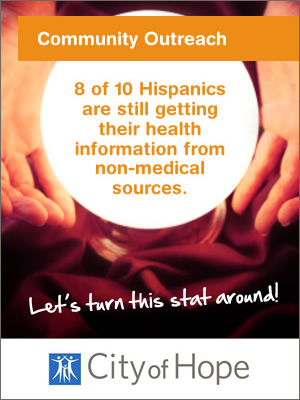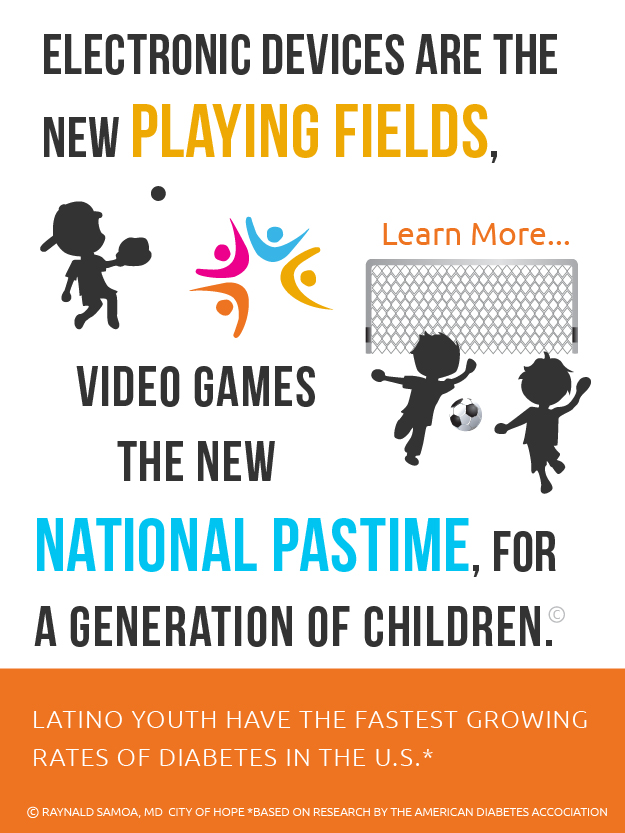
Treatment and Research Directions for the Older Cancer Patient
02/22/2015 09:36PM | 8110 viewsOlder adults with cancer are an oft neglected group, especially when you consider that they represent the vast majority of cancer patients. Despite this fact, they are severely underrepresented in clinical research to date, which tends to study treatment options, effects and outcomes for younger populations of patients.
In our endeavors to better serve the older adult cancer patient, one of the main goals of the research direction we are taking is to understand how we can treat patients based on their functional age rather than their chronological age. This requires us to look at the whole individual, not just their disease, a holistic approach that gives us a broader picture by which to determine their treatment options and optimize their experience.
Toward this end, one government-funded study conducted with several institutions across the U.S. helped us to identify the key questions that an oncologist should ask the older patient with cancer to gain an understanding of who they are as an individual and within their particular culture. These questions also can help us see what health issues the patient might be susceptible to, such as toxicity to chemotherapy, so that we can find an alternative treatment plan for them if need be.
Originally in English only, questions have now been validated in Spanish by an Institutional Review Board and we are now able to invite our Spanish-speaking patients into the study. This is an incredibly important step in the right direction because these patients represent such a significant proportion of those we care for in the San Gabriel Valley and Los Angeles area – where the older generation especially may not have the English or bilingual skills of their younger counterparts in the community.
It’s a welcome development that will enable us to understand our Spanish-speaking patients in a more in-depth way – their life experience as well as their experience as a patient – the different factors that might influence how well they tolerate and respond to treatment, how the patient is feeling throughout the treatment process, and how it impacts quality of life issues that are important to them.
This is what it means to treat the whole patient and not just the disease. A big part of this is understanding their cultural background and how that might influence the dynamics in the exam room, the treatment options they would be open to or not, and – particularly with the vast majority of Hispanic patients we see – the role of family members and their family support structure.
Though it’s not uncommon for an older adult to come to the clinic alone, rarely do you see this happening with older Hispanic adults, who will usually have children, grandchildren, or other family members in tow. It’s important during that first visit to understand the dynamics between the patient and the family members that come with them. What is the relationship? How do they feel towards each other? How are decisions made? Though the patient ultimately makes their own decision, it is one that the family will weigh in on until they do.
As caregivers, we must respect this family aspect of the culture, especially with regards to the elderly patient and their revered role in the family. Beyond decision-making, a good family support system can give the patient a greater sense of care and well-being, especially during a time which can be stressful and disconcerting for them.
It makes our job easier as well, knowing that there’s a good support system in place outside the clinic making sure the patient is taking their medication, following dietary recommendations, keeping their doctor appointments, or just there keeping them company, listening to their concerns and watching out for side effects.
Though family support can be highly beneficial during treatment, what do you do with the older patient who is isolated and doesn’t have a social support group? In her next article, Dr. Hurria talks about her whole team approach to treating the whole patient, including their role as de facto support system.











Post your Comment
Please login or sign up to comment
Comments